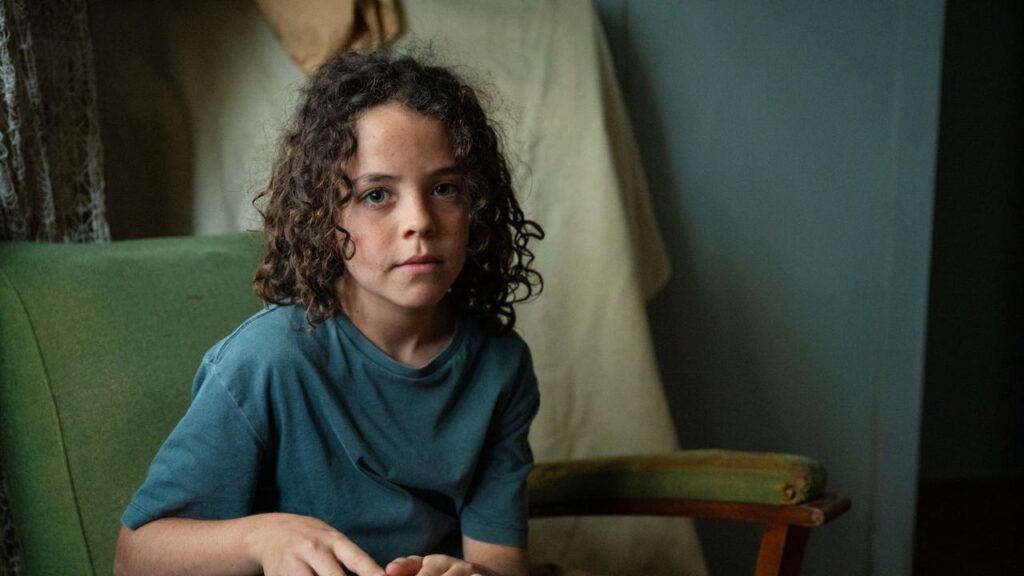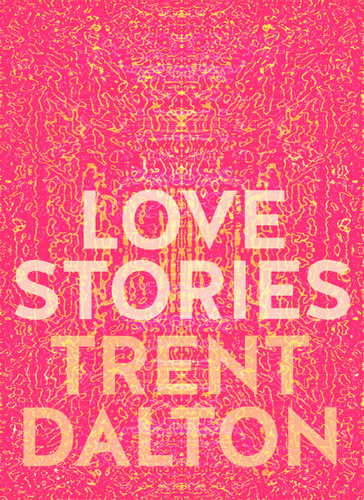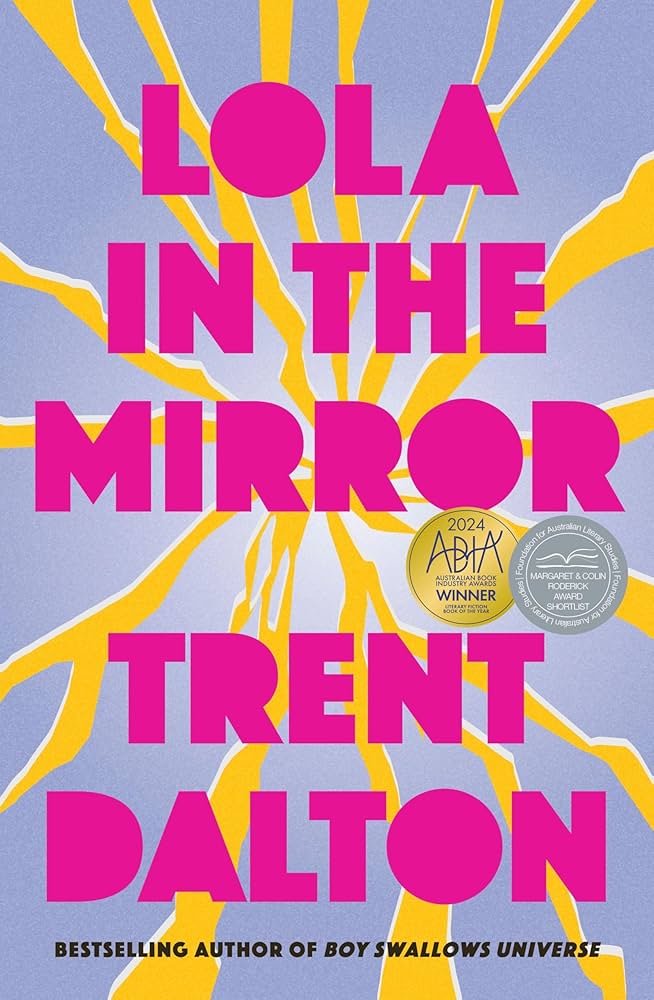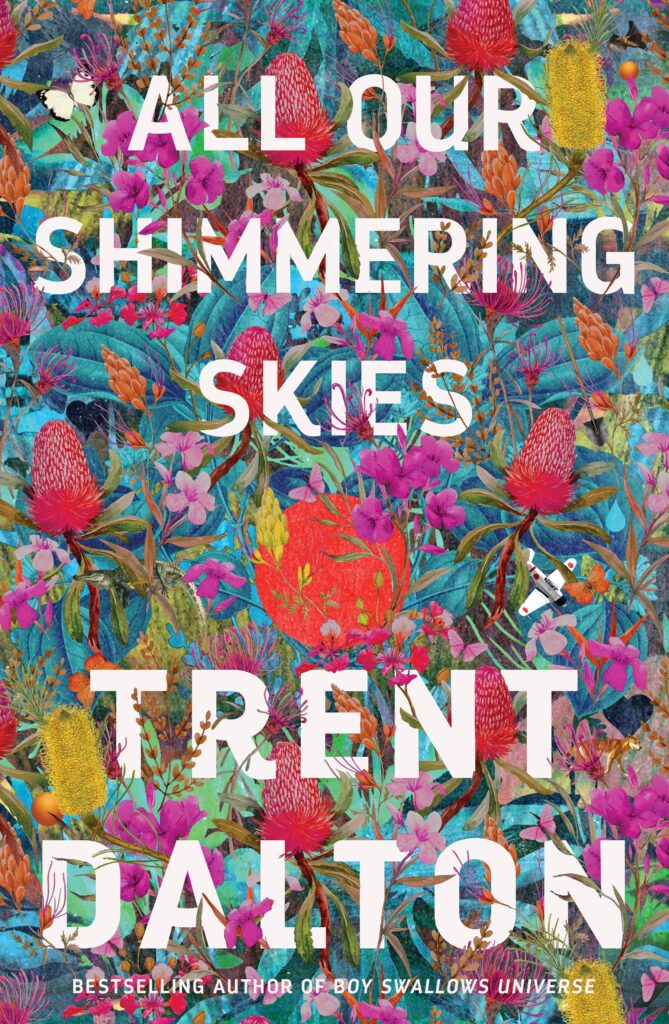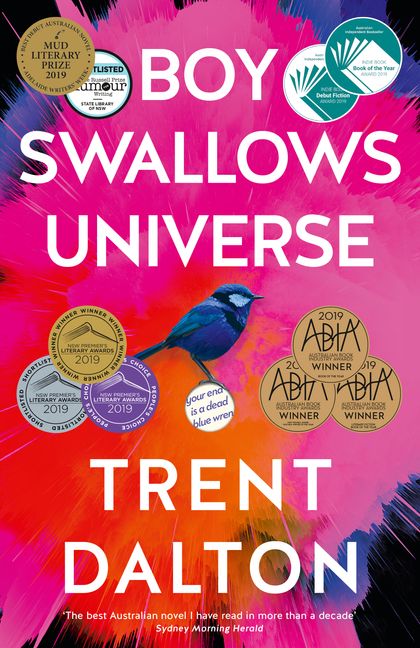SPOILER ALERT: This article contains plot information.
I love a coming-of-age story. But to leave it there would be an injustice. It’s part crime thriller and part magical realism, tempered with a deeply personal and poetic narrative of love, loss and survival. It’s set in my backyard – Brisbane – during the 1980s, and follows Eli Bell, a 10-year-old navigating a world of crime, addiction and what it feels like to be the glue in a fractured family. But as in all of Dalton’s writing, there is always (ALWAYS) hope.
Themes in Boy Swallows Universe
An exploration of fate and free will
For me, one of the novel’s central themes is the tension between fate and free will. Eli and his mute older brother, Gus, grow up in a world shaped by forces beyond their control – an absent father, a mother battling addiction, and a stepfather involved in drug dealing. Despite this, Eli constantly defines his own path, questioning whether destiny is something he can outrun.
The recurring motif of Gus’s cryptic written messages, such as “Your end is a dead blue wren”, reinforces this theme. Are these predictions inevitable, or does Eli have the power to change the course of his life?
Love and redemption
Amid the violence and chaos, Boy Swallows Universe is ultimately a story about love – between family, friends and even enemies. Eli’s relationship with his mother, Frankie, is at the heart of this theme. Despite her addiction and imprisonment, his devotion to her never wavers. His letters to her showcase his relentless belief in redemption: “I have seen you at your worst, and I still love you.”
Similarly, Slim Halliday, the real-life Brisbane criminal who becomes Eli’s mentor, serves as an example of second chances. Having escaped Boggo Road Gaol multiple times, Slim teaches Eli that people are not defined by their worst mistakes, reinforcing the novel’s belief in redemption.
The blurred line between good and evil
Dalton paints a world where morality is not black and white. And that’s a theme that I think the world needs more than ever right now. It challenges traditional notions of good and evil, especially through characters like Lyle Orlik, Eli’s stepfather. Lyle is a drug dealer, but he is also a loving parental figure, showing Eli kindness and care. I actually love him, and in real life I would hate him. Even the novel’s most brutal antagonist, Tytus Broz, is not entirely one-dimensional – his philanthropy in building prosthetic limbs for children adds a layer of complexity to his character.
Character analysis
Eli Bell
Eli is the heart of the novel. He’s precocious and fiercely intelligent with a relentless drive to uncover the truth. His voice is poetic and profane, and blends wonder with the harsh realities of his upbringing. Throughout the novel, Eli matures from an innocent dreamer to someone hardened by experience, but not broken. A very Dalton-esque attribute that I love. His greatest strength is his ability to find light in the darkness, a quality that makes him endearing, distinctive, loveable and to me a future iconic Australian character. I want to have dinner with him when he grows up.
Gus Bell
Gus, Eli’s older brother, is a silent but profound presence in the novel. His muteness is symbolic of the way trauma often silences individuals, but his written words carry immense weight. As the novel progresses, Gus’s apparent supernatural abilities blur the line between reality and the mystical, reinforcing the novel’s themes of fate and destiny.
Slim Halliday
Based on the real-life Brisbane criminal, Slim is Eli’s mentor, protector and philosopher. He imparts wisdom through his stories of prison escapes and the philosophy of “keeping it simple.” Slim’s presence in Eli’s life provides him with a moral compass in an otherwise chaotic world. Teaching him to drive is such a personal, frenetic and tender moment.
Tytus Broz
Enigmatic. Terrifying. Tytus Broz represents institutional power and corruption. A respected doctor who secretly runs a sinister operation, Broz embodies the novel’s theme that evil can hide behind respectable facades. His character serves as a stark contrast to Eli’s innocence, making their eventual confrontation all the more gripping.
Symbolism in Boy Swallows Universe
The red telephone
To me its most striking symbol is the red telephone in the secret underground room. The phone, which rings but never has anyone on the other end, is a huge tension point. It’s mystery. It’s hope. It’s potential. For Eli, it represents the unanswered questions of his life and his desperate need for connection. It reminds me of the Batphone from the ’60s. It makes it feel as though Eli’s life is always teetering on the edge. But what a find for a kid to make. I can only imagine how I’d react.
The blue wren
I lost my shit when I first read this line. Gus’s repeated swirling in the air that “Your end is a dead blue wren” adds an air of foreboding throughout the novel. It foreshadows tragedy and growth in Eli’s narrative. When the prophecy finally unfolds, it was truly cathartic. It was the moment when I thought, “Shit, this Dalton guy is serious.”
Boy Swallows Universe is a novel that lingers in your brain long after it’s fallen from the side of your bed. Its themes, beautifully complex characters and powerful symbols, Dalton has crafted a story that is at once deeply personal and universally resonant. In the most ’80s sentence I’ll ever write, it really is a testament to the power of love – familial, unfamiliar and more. Whether fate or free will shapes Eli Bell’s path, it’s a path you’ll stick to and want more of long after the final page.


